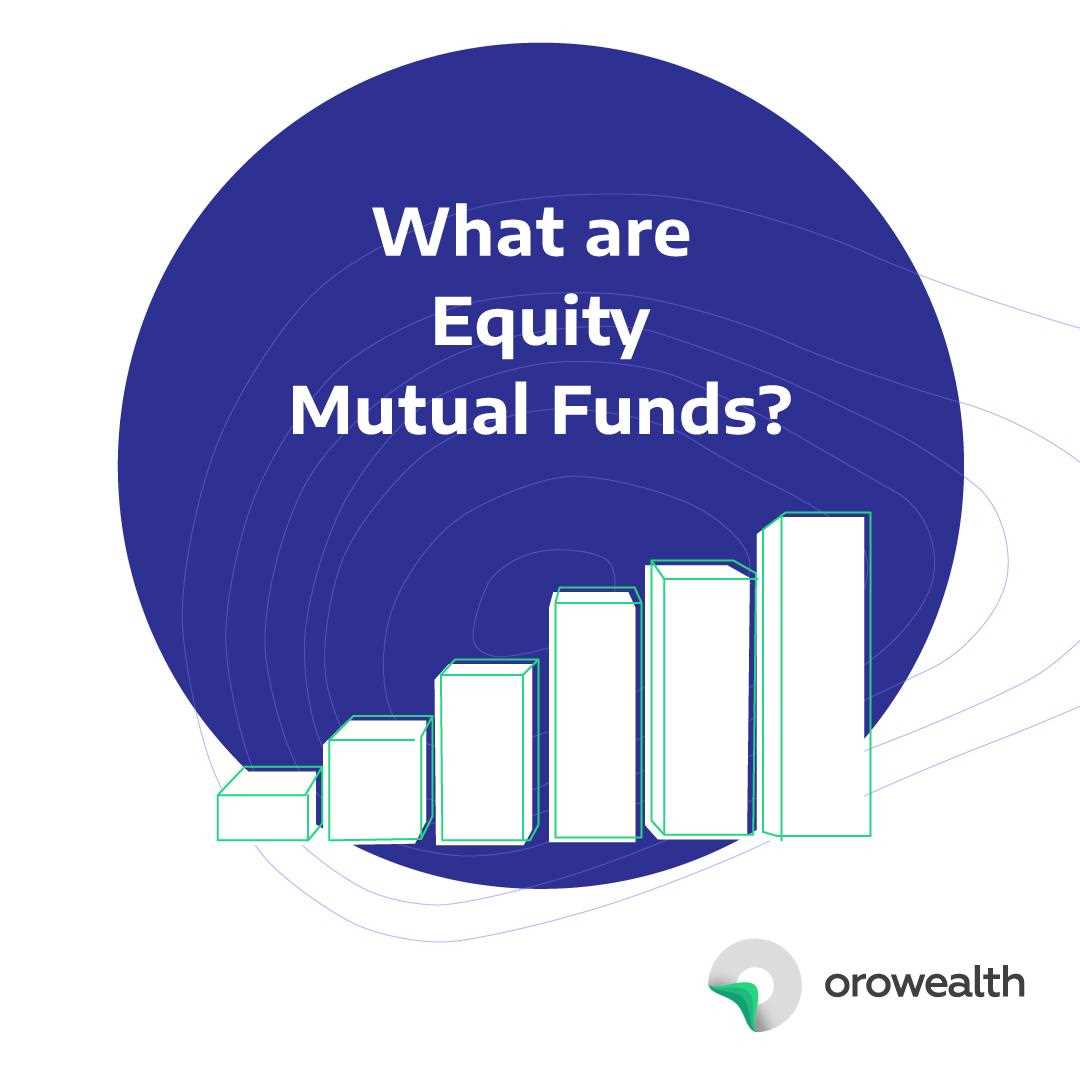Equity Fund Definition

An equity fund is a type of mutual fund or exchange-traded fund (ETF) that primarily invests in stocks or equities. It pools money from multiple investors and uses it to buy shares of publicly traded companies. The goal of an equity fund is to provide investors with long-term capital appreciation by investing in a diversified portfolio of stocks.
Types of Equity Funds
There are different types of equity funds, each with its own investment strategy and focus:
Growth Funds
Growth funds invest in stocks of companies that are expected to experience above-average growth in earnings and revenues. These funds typically invest in companies that are in the early stages of their growth cycle and have the potential for significant capital appreciation.
Value Funds

Value funds focus on investing in stocks that are considered undervalued by the market. These funds look for companies that are trading at a lower price relative to their intrinsic value. The goal is to identify stocks that have the potential for price appreciation when the market recognizes their true value.
Income Funds

Index Funds

Advantages of Investing in Equity Funds
Investing in equity funds offers several advantages:
- Diversification: Equity funds allow investors to diversify their portfolios by investing in a wide range of stocks across different sectors and industries. This helps reduce the risk associated with investing in individual stocks.
- Professional Management: Equity funds are managed by experienced fund managers who have expertise in stock selection and portfolio management. They conduct thorough research and analysis to identify the best investment opportunities.
- Liquidity: Equity funds are traded on stock exchanges, making them highly liquid investments. Investors can buy or sell their shares at any time during market hours.
- Accessibility: Equity funds are accessible to individual investors with different investment amounts. They offer an affordable way to invest in a diversified portfolio of stocks.
Equity funds are a type of mutual fund that primarily invests in stocks or other equity securities. These funds are managed by professional fund managers who aim to generate returns by investing in a diversified portfolio of stocks.
There are several types of equity funds, each with its own investment strategy and risk profile. Here are some of the most common types:
1. Growth Funds: These funds invest in stocks of companies that have the potential for high growth. They typically focus on companies in sectors such as technology, healthcare, and consumer goods. Growth funds are suitable for investors who are willing to take on higher levels of risk in exchange for potentially higher returns.
4. Sector Funds: Sector funds focus on a specific sector or industry, such as technology, healthcare, or energy. These funds aim to capitalize on the potential growth opportunities within a particular sector. Sector funds can be suitable for investors who have a strong belief in the future prospects of a specific industry.
6. International Funds: International funds invest in stocks of companies located outside of the investor’s home country. These funds provide exposure to international markets and can help diversify an investor’s portfolio. International funds can be suitable for investors who want to take advantage of global investment opportunities.
Advantages of Investing in Equity Funds
Investing in equity funds can offer several advantages for investors. Here are some of the key benefits:
1. Diversification: Equity funds provide investors with a diversified portfolio of stocks. By investing in a single equity fund, investors gain exposure to a wide range of companies across different sectors and industries. This diversification helps to spread the risk and reduce the impact of any individual stock’s performance on the overall portfolio.
2. Professional Management: Equity funds are managed by professional fund managers who have expertise in stock selection and portfolio management. These managers conduct in-depth research and analysis to identify potential investment opportunities and make informed investment decisions on behalf of the investors. This professional management can help to improve the overall performance of the fund and potentially generate higher returns.
3. Accessibility: Equity funds offer investors the opportunity to invest in the stock market without the need for individual stock selection and monitoring. This makes equity funds accessible to a wide range of investors, including those who may not have the time, knowledge, or resources to invest directly in stocks. By investing in equity funds, investors can participate in the potential growth of the stock market and benefit from the expertise of professional fund managers.
4. Liquidity: Equity funds are typically open-ended, which means that investors can buy or sell their shares at any time. This provides investors with liquidity and flexibility, allowing them to easily enter or exit their investments as needed. The ability to quickly convert investments into cash can be particularly beneficial during times of market volatility or when investors need to access their funds for other purposes.
5. Cost Efficiency: Investing in equity funds can be more cost-effective compared to investing in individual stocks. The expenses of managing an equity fund are shared among all the investors, which helps to reduce the overall costs. Additionally, equity funds often have lower transaction costs compared to buying and selling individual stocks. This cost efficiency can help to improve the overall returns for investors.
Overall, investing in equity funds can provide investors with a convenient and efficient way to gain exposure to the stock market, diversify their portfolio, and potentially generate higher returns. However, it is important for investors to carefully consider their investment objectives, risk tolerance, and investment horizon before investing in equity funds.

Emily Bibb simplifies finance through bestselling books and articles, bridging complex concepts for everyday understanding. Engaging audiences via social media, she shares insights for financial success. Active in seminars and philanthropy, Bibb aims to create a more financially informed society, driven by her passion for empowering others.
